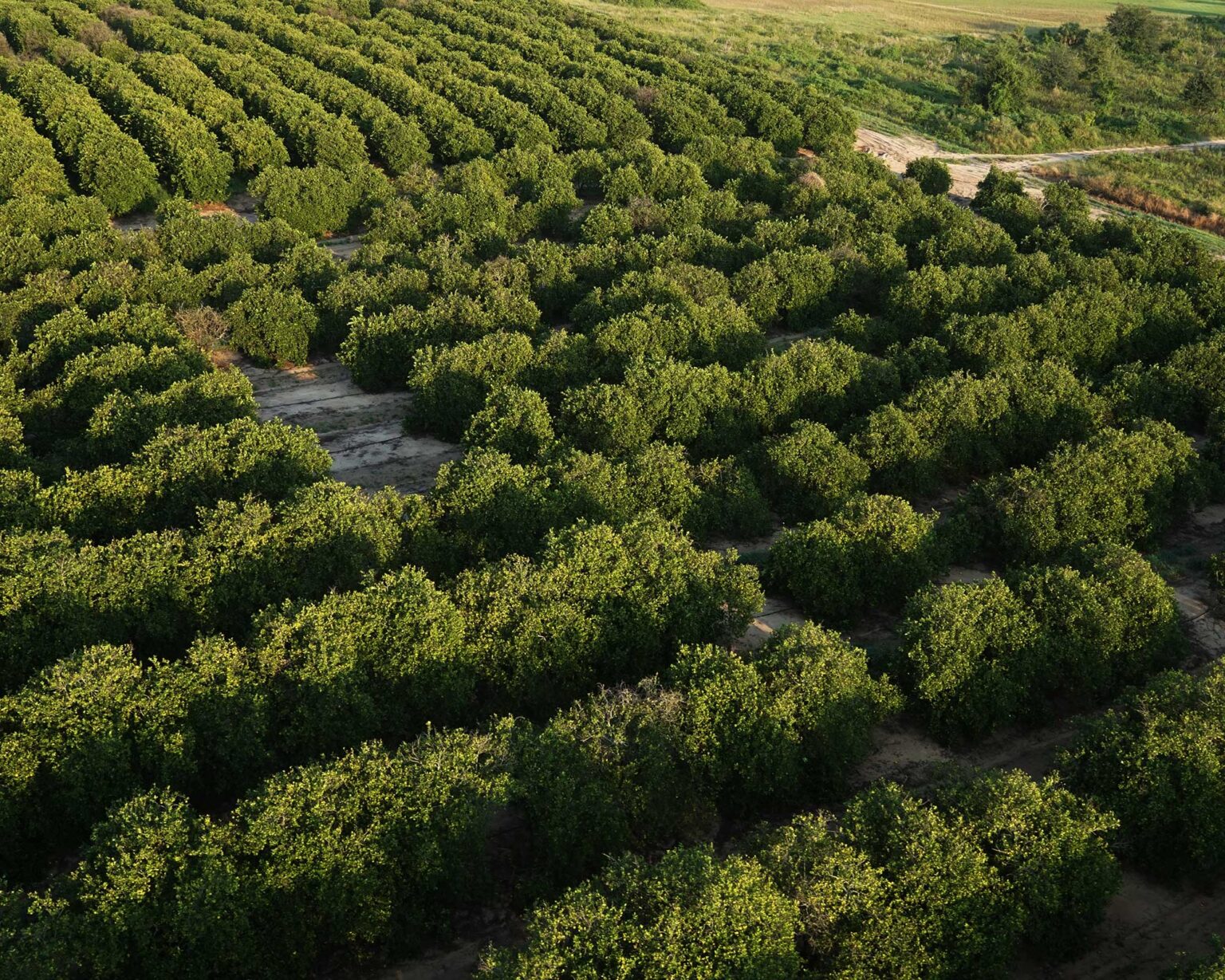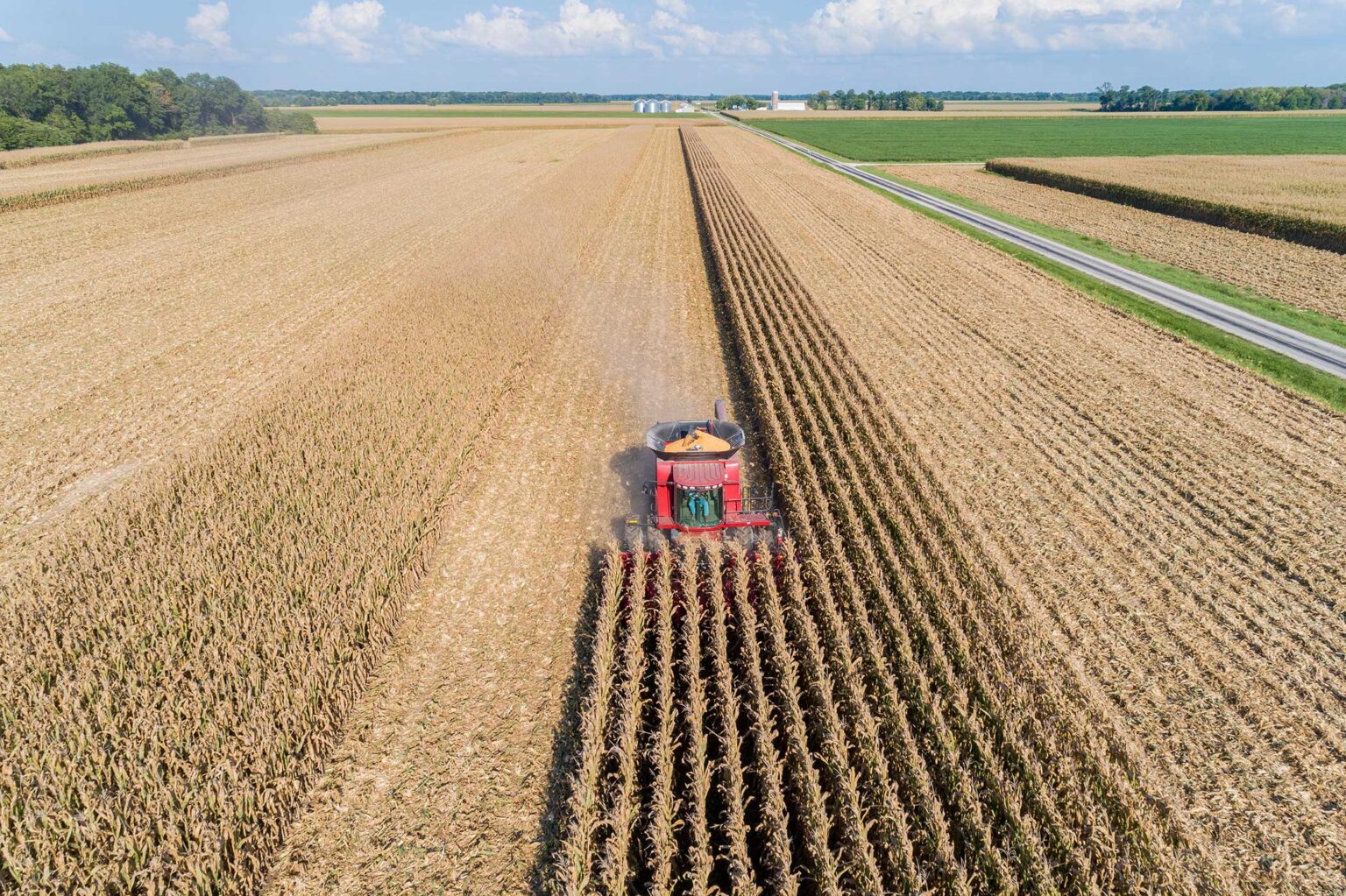Subscribe to Updates
Get the latest agriculture news and updates directly to your inbox.
Author: staff
Christopher Wallace, an 18-year-old, has been arrested in association with multiple counts of alleged animal cruelty and livestock theft in connection with the deaths of over a dozen cattle at Saint Gregory’s Abbey in Shawnee, Oklahoma. According to authorities, Wallace, along with a juvenile accomplice, allegedly used a crossbow to kill the cattle, causing significant financial loss to the abbey. The incident first came to light on June 22, when the Shawnee Police Department received a report about the killed cattle. Further developments occurred on July 22, when a monastery worker spotted flashlights in a field and discovered a crossbow…
The farm bill is already a year late, the stakes are high, and time is running out. The law from which the U.S. Department of Agriculture takes its marching orders is supposed to be revised and renewed every five years. The last five-year farm bill expired in September 2023, so American agriculture has been working under a one-year extension of a six-year-old law. Though it was a good farm bill at the time, there are a lot of pieces of this 2018 law that are badly in need of an update. Six years of tumult — including the highest inflation…
A new Cornell University study provides evidence that a spillover of avian influenza from birds to dairy cattle across several U.S. states has now led to mammal-to-mammal transmission — between cows and from cows to cats and a raccoon. “This is one of the first times that we are seeing evidence of efficient and sustained mammalian-to-mammalian transmission of highly pathogenic avian influenza H5N1,” said Diego Diel, associate professor of virology and director of the Virology Laboratory at the Animal Health Diagnostic Center in the College of Veterinary Medicine. Diel is co-corresponding author of the study, “Spillover of Highly Pathogenic Avian…
The Sunshine State, renowned for its diverse agricultural output, has its own set of specialized agriculture license plates to celebrate and support its farming community. The vibrant farm-themed plates feature a sunrise over blue-green fields emblazoned with the words, “Agriculture Keeps Florida Green.” The design serves as a daily reminder of the crucial role farming plays in the state’s economy and lifestyle. A portion of the proceeds from the sale of these license plates is dedicated to supporting various agricultural programs across Florida. This funding aids in the development of educational initiatives, research projects, and sustainability efforts, helping ensure that…
Derived from the root structure of mushrooms, mycelium provides a high-protein, fiber-rich food source that companies such as Meati Foods claim tastes similar to meat. Founded in 2017, Meati Foods has been working to get mycelium its own food category. “My goal is to make sure that customers don’t bring us down with the plant-based performance that has happened over the last few years,” John Bortells, Meati’s new chief commercial officer, told Food Dive. Bortells started in the food and beverage industry, beginning at Pepsi, then moved to A2 Milk Company, where he helped establish the product, which claims that the A2…
Today, the U.S. Department of Agriculture announced 91 scholarships awarded through the USDA 1890 National Scholars Program, one of the Department’s efforts to develop the next generation of diverse food and agriculture professionals. The USDA 1890 National Scholars Program is a partnership between USDA and the 19 historically Black land-grant universities established under the Second Morrill Act of 1890 and administered by USDA’s Office of Partnerships and Public Engagement. “The USDA 1890 National Scholars Program is an important pathway for careers in agriculture, nutrition, food, development—and at USDA,” said OPPE Director Lisa Ramirez. “USDA is committed to fostering a more…
The 2024 butter cow display at the Ohio State Fair celebrates elite athletes, honoring Ohio’s dairy farmers. Created from 2,000 pounds of butter, this display is a fun and creative way to highlight Ohio’s dairy industry and engage with fairgoers, said Pickaway County dairy farmer Greg Conrad, who milks 85 Ayrshire, Holstein, and Red and White Holsteins. “We’re thrilled with this display every year. As dairy farmers, we love the excitement around the State Fair. The dairy cow is like a super athlete. We’ve made great strides in production year after year in dairy farming. We ensure she gets all…
Crop prices affect all farmers — big and small, growing crops or livestock. In early July, the U.S. Department of Agriculture’s WASDE report showed that the anticipated 2024 corn price is down to $4.30 per bushel. Soybeans also went down, now estimated at $11.10 per bushel. Although corn and soybean predictions are down from the June WASDE report, these prices are still much higher than farmers are trading at at this moment. There are many factors contributing to this, and a lot of reactions to the recent report. Secretary’s briefing on the July 2023 WASDE report If you break down…
Richard Couto, founder of the Miami Beach-based animal activist group Animal Recovery Mission, said he had witnessed the killing of a retired racehorse named Funny Biz in what he’s calling an illegal act. According to Couto, the horse was tied to a tree, shot in the head, and then repeatedly stabbed until it died. The incident was recorded on video (edited versions were posted to Facebook and Vimeo), showing men dismembering the carcass with electric handsaws and then bagging the meat. Law enforcement is currently investigating the Brooksville facility where Couto said the horse was killed. While there have been…
John Deere called employees to attend a meeting at 7:30 a.m. this morning regarding the start of a new round of layoffs, this time affecting salaried employees around the world. While today’s layoff announcement was expected, Deere & Co. has yet to officially release details about the layoffs that they say come as a result of rising operational and manufacturing costs, reduced consumer demands, and a 20 percent decline in sales. Numerous Deere employees have taken to Reddit to commiserate as they have received layoff notifications. Layoff Pinned Post #4byu/DeereDude1987 injohndeere One user, u/master_pain84, commented, noting that as an L5…
















